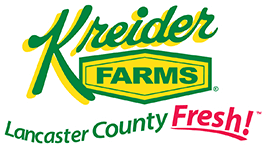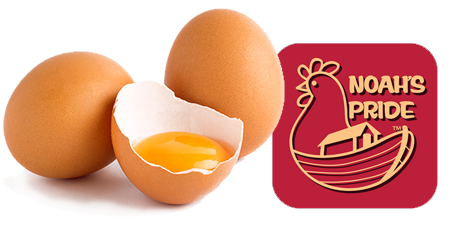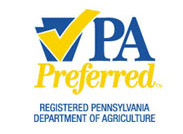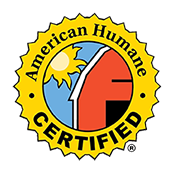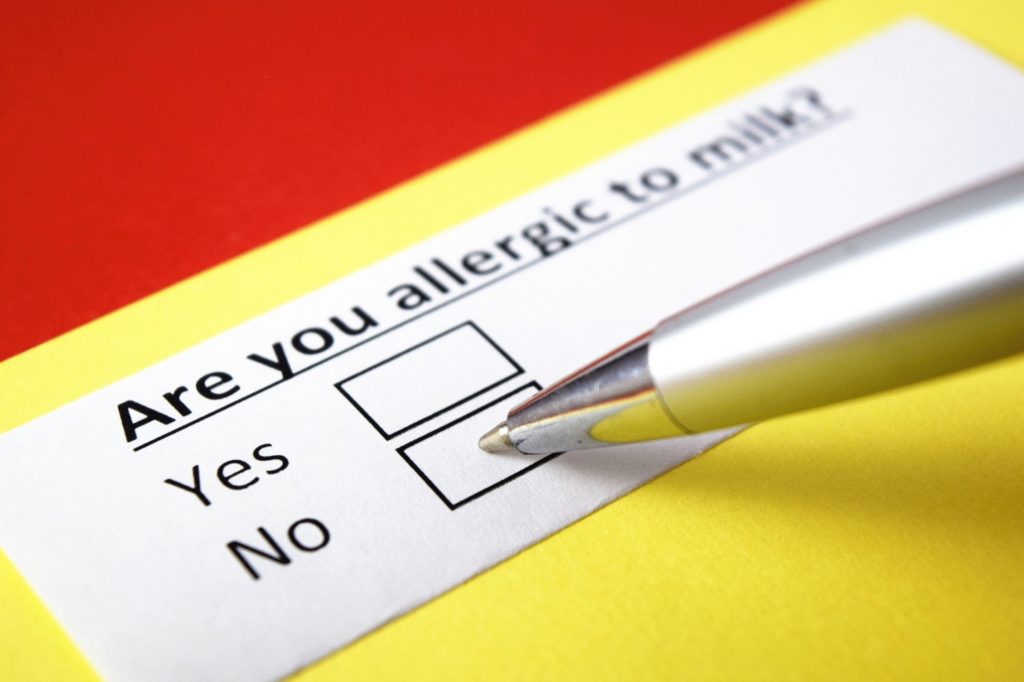
Food and beverage product labeling have been improving in recent history, giving us more information about what is—and what’s not—really inside a given bottle, bag, or carton for sale at the grocery store.
At the same time, there are a lot of new terminologies we have to become familiar with, so we can fully understand these labels and effortlessly recognize the foods we should and shouldn’t eat, especially if we have dietary restrictions due to health issues.
For instance, you’ll see “Lactose Free” on some of our Kreider Farms dairy products. You may also see the label “dairy-free” on some types of beverages and frozen desserts next to that “lactose free” designation and be confused.
Today’s post presents a few frequently asked questions to hopefully clear up that confusion! Dairy-free and lactose free labeling signals different things about the food and drink we’re offered to buy. This is what you need to know to make the best choices for you and your family.
Are Lactose Free Products the Same as Dairy-Free?
No, they are not the same, but they also might be. Wait…what? The answer to this question is a little bit complex.
All truly dairy-free products are also naturally lactose free because lactose is otherwise known as “milk sugar.” As such, lactose is only found in dairy items produced by animals—namely cows, though also sheep and goats—like traditional milk and ice cream. Items labeled as just lactose free, however, might be entirely derived from animal milk!
What does it mean for a product to be dairy-free?
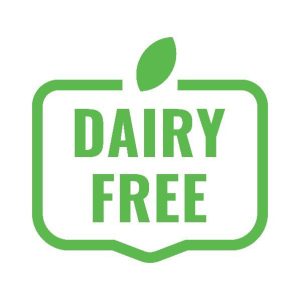
One of the big problems with dairy-free products is that they do not naturally contain much protein the way that real milk does. So, people eating completely vegan diets—or who are avoiding dairy due to milk allergies—often need to seek out fortified products that have had protein added to ensure they are eating a nutritionally balanced diet.
What does it mean for a product to be lactose free?
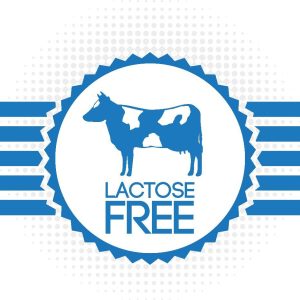
Our Kreider Farms Lactose Free Milk and Lactose Free Premium Ice Cream are examples of these kinds of products, which are made from REAL dairy but are processed with lactase—the enzyme that breaks down lactose—to be less likely to cause abdominal discomfort in lactose intolerant individuals.
Unfortunately, individuals who have less common milk or dairy allergies, or who are committed to a vegan diet, will still need to avoid these lactose-free-but-not-dairy-free items.
What’s the Difference Between Lactose Intolerance and a Dairy Allergy?
As we focused on in our earlier blog post on lactose intolerance, this digestive issue is quite common in humans after infancy. Individuals whose small intestines do not produce enough of the lactase enzyme that breaks down the lactose in dairy products will experience a variety of uncomfortable reactions soon after ingesting those dairy products.
While lactose intolerance can be incredibly painful and life-disrupting for some sufferers, the good news is that it’s not life-threatening. Intolerance also does not involve the immune system but instead causes symptoms to localize in the digestive tract. This is unlike the less common dairy allergy that some people—especially young children—may experience.
If those with a milk or dairy allergy ingest milk products, they may experience some of the same digestive distress symptoms as those with intolerance issues, but they will almost immediately have a much more violent reaction that could include: hives, dangerous swelling of the lips, tongue, and throat, coughing, and/or vomiting.
Whether you think you or someone you love may be suffering from either lactose intolerance or a dairy allergy, it is essential to discuss your concerns with your doctor. Treatments for these two different problems are not the same, and you want to ensure that you are protecting your health in the best way you can.
Living the Lactose Free Life, But Still Want Some Dairy in Your Diet?
If you suffer from lactose intolerance, but you don’t have any other restrictions on dairy foods in your diet, you’ll want to try our Kreider Farms Lactose Free Milk and Premium Ice Cream.
While not perfect for everyone’s needs, our Farm Fresh products are a fan-favorite here in Central PA and beyond for delicious flavor and exceptional gentleness on sensitive digestive systems.
Save on your next shopping trip with our coupons, and let us know what you think!
